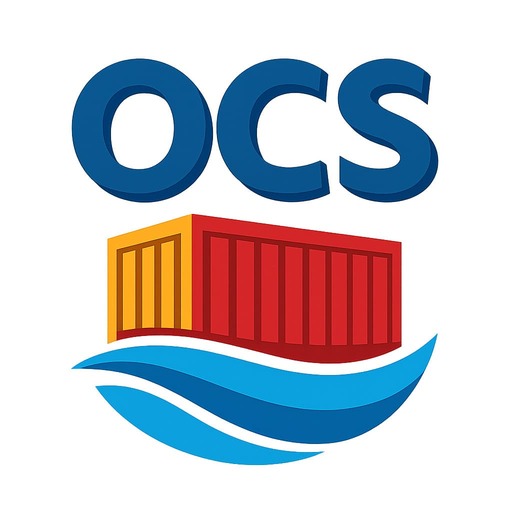Container shipping is a crucial part of the global economy, enabling goods to be transported across continents quickly and efficiently. However, the environmental impact of container shipping is not to be overlooked. With the rise of international relocation services and global trade, the negative effects of this industry on the environment are becoming more apparent.
One of the major environmental concerns associated with container shipping is air pollution. Cargo ships operating on heavy fuel oil emit large amounts of sulfur dioxide and nitrogen oxides, which contribute significantly to air pollution. These pollutants not only harm the health of those living near ports but also have a wider impact on the environment by contributing to acid rain and ozone depletion.
In addition to air pollution, container shipping also generates a significant amount of greenhouse gas emissions. According to a report by the International Maritime Organization (IMO), global shipping emissions account for around 2.5% of total global greenhouse gas emissions. The transportation of goods via container ships releases carbon dioxide, methane, and nitrous oxide, all of which contribute to climate change.
Furthermore, the construction and maintenance of container ships also have a negative impact on the environment. The production of steel, a key material used in shipbuilding, is energy-intensive and emits large amounts of carbon dioxide. Additionally, the disposal of decommissioned ships can lead to the release of harmful chemicals and toxins into the environment.
Despite these environmental challenges, there are ways to mitigate the impact of container shipping on the environment. One solution is to improve the energy efficiency of container ships through the use of more fuel-efficient engines and alternative fuels such as liquefied natural gas. Additionally, implementing stricter regulations on ship emissions and optimizing shipping routes to reduce fuel consumption can help reduce the industry’s environmental footprint.
Another way to address the environmental impact of container shipping is through the development of sustainable practices in the shipping industry. This includes investing in research and development of eco-friendly technologies, promoting the use of renewable energy sources, and supporting initiatives that aim to reduce emissions and minimize waste.
In conclusion, while container shipping is essential for global trade and international relocation services, it is important to consider its environmental impact. By implementing sustainable practices and investing in green technologies, the shipping industry can work towards reducing its carbon footprint and contributing to a more sustainable future. It is crucial for international moving cost to account for not just economic factors, but also environmental considerations in order to ensure a healthy planet for future generations.
——————-
Check out more on International relocation services,international container shipping,international moving cost contact us anytime:
International Moving | Ocean Container Shipping Rates
https://www.ocean-container-shipping.com/
Miami, United States
International Moving Made Simple – Global Relocation Solutions You Can Trust
Planning an international move? Whether you’re relocating for work, family, or a fresh start abroad, our comprehensive international moving services make global transitions stress-free and cost-effective. At Freight-Calculator.com, we specialize in container shipping, LCL (less than container load) moving, and international relocation logistics from the USA to destinations around the world. With instant online quotes, expert documentation support, and worldwide coverage, we help individuals and families move overseas with confidence. From full household containers to partial shipments, we tailor every move to meet your timeline and budget. Begin your journey with the most reliable international moving company online.















